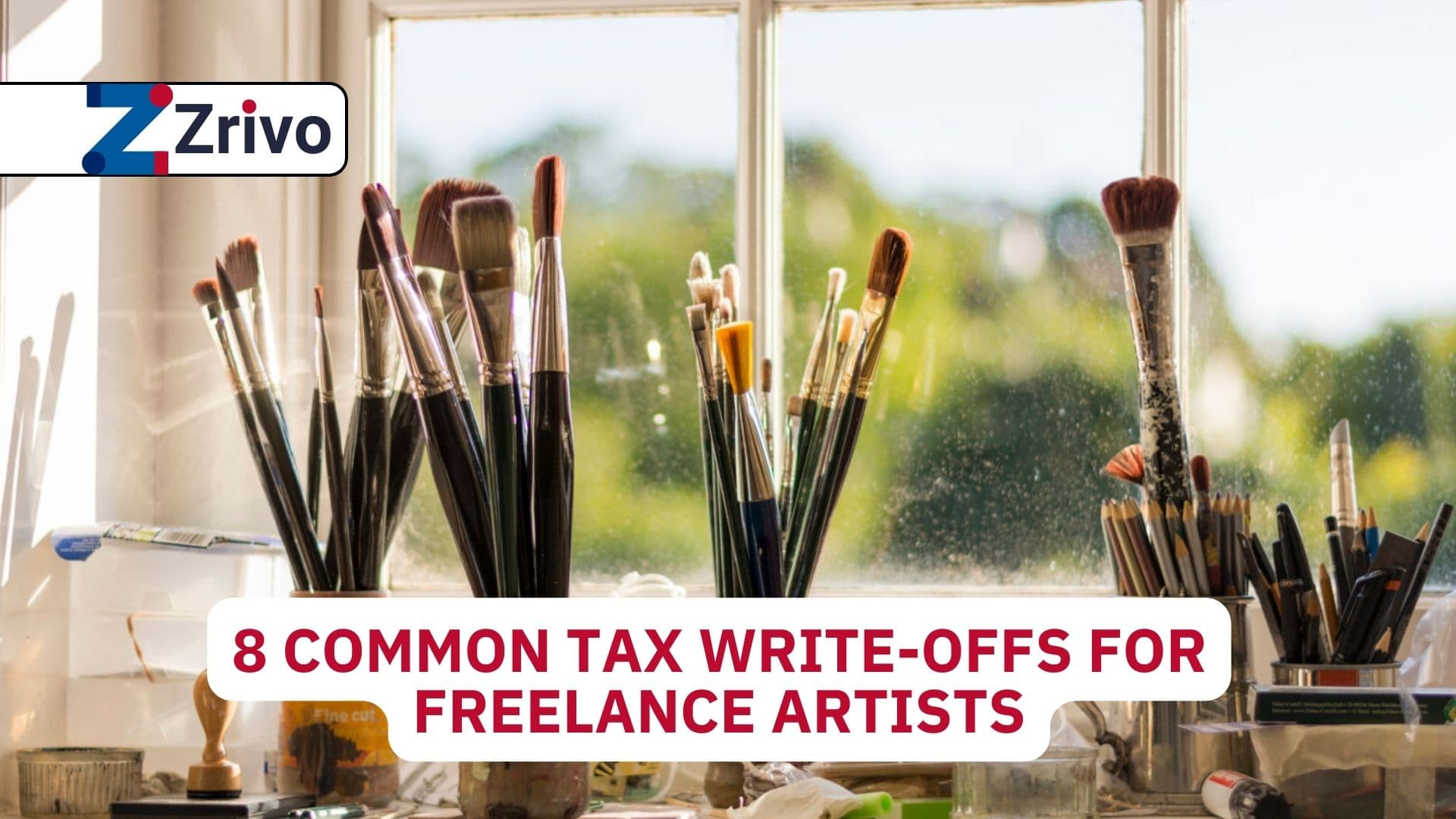
Taxes can be a headache for anyone, but when you’re a freelance artist, they can feel downright overwhelming. The good news? Tax write-offs for freelance artists are your secret weapon to lighten that financial load and keep more of your income. Whether you’re a painter, musician, graphic designer, or photographer, understanding the deductions available to you is a game-changer. From your home studio expenses to art supplies, software subscriptions, travel for gigs, and even that latte you sipped while sketching at the café, there are countless ways to reduce your taxable income legally and ethically. In this article, we’ll dive into the essential tax write-offs for creative freelancers, explaining how they work, what you can claim, and how to keep your finances in check without losing your creative spark.
What Are Tax Write-Offs, and Why Do They Matter?
Tax write-offs, also known as tax deductions, are expenses that reduce your taxable income. For freelance artists, these are legitimate costs associated with running your creative business. By keeping detailed records and understanding what’s deductible, you can lower your overall tax bill and reinvest in your craft.
Common Tax Write-Offs for Freelance Artists
- Home Studio Costs
If you work from a dedicated space in your home, you can claim part of your rent, utilities, and internet costs as a deduction. Just make sure your studio meets the IRS requirements for a home office. - Art Supplies and Materials
Paint, brushes, canvases, camera gear, musical instruments—if you use it to create, it’s likely deductible. Keep receipts for every purchase. - Marketing and Advertising
Expenses like website hosting, domain fees, social media ads, and promotional materials are all tax-deductible. - Professional Services
Did you hire an accountant, lawyer, or consultant for your freelance business? Their fees can be written off as business expenses. - Education and Training
Attending workshops, buying online courses, or subscribing to educational platforms to hone your craft? These expenses count as deductions. - Travel Expenses
Traveling to gigs, exhibitions, or client meetings? Deduct costs like transportation, lodging, and meals—but only if they’re business-related. - Software and Tools
Subscriptions to design tools like Adobe Creative Cloud, music production software, or stock image libraries are tax-deductible. - Health Insurance
As a self-employed artist, you may be able to deduct your health insurance premiums.

How to Track Your Expenses Like a Pro?
Keeping track of your expenses is key to maximizing deductions. Use tools like QuickBooks, FreshBooks, or even a good old spreadsheet to log every business-related purchase. Scan your receipts, categorize expenses, and keep a backup of everything for tax season.
Tips for Filing Taxes as a Freelance Artist
- Separate Personal and Business Finances: Open a separate bank account for your freelance income and expenses to avoid confusion.
- Quarterly Taxes: As a freelancer, you’ll likely need to pay estimated taxes quarterly. Plan ahead to avoid penalties.
- Get Professional Help: If taxes make your head spin, consider hiring a tax professional experienced in working with freelancers.
What is the most common tax write-off for freelance artists?
Art supplies, software subscriptions, and home studio costs are some of the most common deductions for freelance artists.
Can I deduct travel expenses as a freelance artist?
Yes, if the travel is for business purposes, like attending an exhibition or meeting clients.
Keep detailed receipts, invoices, and bank statements that clearly show the purpose of the expense.